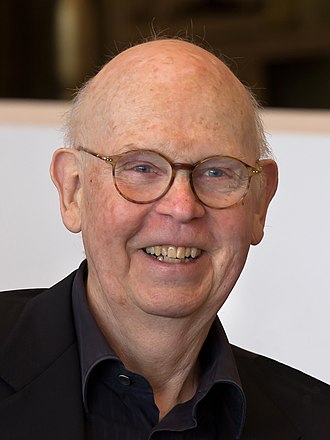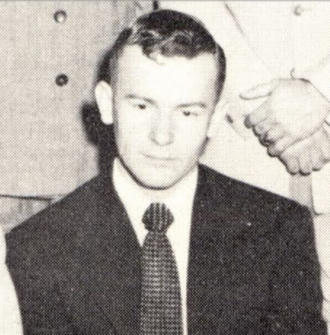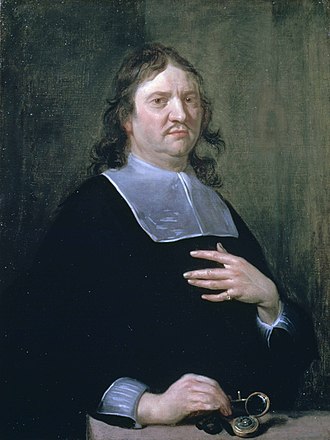Oldenburg Last Name Origin, History, and Meaning
Where did the surname Oldenburg come from? What does the surname Oldenburg mean? Discover the history and meaning of the last name Oldenburg and family migration on YourRoots Map.
Surname Oldenburg Origin: What does the last name Oldenburg mean?
The surname Oldenburg has its origins in Germany, with records dating back to the early 11th century. It is believed to have started as a locational name, derived from the region of Oldenburg in Germany. Over time, the surname gained popularity and spread to countries like Denmark and England. By the 20th century, the Oldenburg surname had a significant presence in Denmark, Greece, the United States, and other countries worldwide, indicating a global migration and settlement pattern.
YourRoots data confirms the historical presence of the Oldenburg surname in various countries, showcasing its widespread distribution and global reach over the centuries. From Germany to Denmark, Greece, the United States, and beyond, the Oldenburg surname has maintained prominence in different regions, reflecting a rich heritage and legacy that continues to endure in modern times.
Oldenburg Last Name History: Where did the last name Oldenburg come from?
Origin of Oldenburg Surname: Where does the last name Oldenburg originate from?
According to YourRoots data, the surname Oldenburg first appeared in records from Germany around the early 11th century. Please note that this reflects only YourRoots data for the exact Oldenburg spelling and does not include other record sources or surname variations.
History of the Last Name Oldenburg: What does the Oldenburg surname history look like in the early days?
The Oldenburg surname remained closely associated with Germany in the 11th century and further expanded in popularity in subsequent centuries, particularly in Denmark and England. YourRoots data also shows Oldenburg family records in countries like Denmark, Greece, and the United States, indicating global spread over the centuries.
Global Spread: Where can we find the Oldenburg surname today?
By the 20th century, the volume of records with the Oldenburg surname grew significantly in Denmark, Greece, and the United States. The Oldenburg surname remains prominent in these regions and appears in many countries worldwide, including Germany, Denmark, the United Kingdom, and others.
Explore Oldenburg last name heritage and Oldenburg surname origin based on YourRoots Map data
 VIEW THE ORIGIN OF SURNAME OLDENBURG
VIEW THE ORIGIN OF SURNAME OLDENBURGFamous People With Oldenburg Surame?

Claes Oldenburg
Claes Oldenburg (January 28, 1929 – July 18, 2022) was a Swedish-born American sculptor known for his large replicas of everyday objects. Collaborating with his wife, Coosje van Bruggen, his work often featured soft sculpture versions of everyday items. Oldenburg's art was a key part of the pop art movement in the 1960s, with his playful and humorous approach standing out in the art world. He gained popularity for his public art installations and happenings, showcasing his unique perspective on everyday life. Oldenburg's legacy as a sculptor continues to inspire artists and art enthusiasts worldwide.

Ray Oldenburg
Ray Walter Oldenburg (Apr 7, 1932 - Nov 21, 2022) was an American urban sociologist known for popularizing the concept of "third places" like coffeehouses and pubs as essential for community engagement and democracy. His work emphasized the importance of informal gathering spots for social interaction and support, highlighting their role in fostering connections and grassroots activism. Through his writing and research, Oldenburg advocated for the preservation of these spaces in modern society to combat the isolating effects of suburbanization and commercialization. His contributions to sociological theory continue to influence discussions on community building and civic life.

Free State of Oldenburg
The Free State of Oldenburg (German: Freistaat Oldenburg) was a state in Weimar Republic and Nazi Germany, established in 1918 after the abdication of the Grand Duke Frederick Augustus II. It had a fluctuating state parliament and non-partisan technocrats in government. Oldenburg issued a ban on Hitler in 1925 and elected a Nazi-led government in 1932. The state was governed by Minister-Presidents such as Carl Röver and Georg Joel. Following territorial changes, Oldenburg became part of Lower Saxony after World War II. The state ceased to exist when it merged into the new state of Lower Saxony in 1949.

Henry Oldenburg
Henry Oldenburg (c. 1618 – September 5, 1677) was a German theologian, diplomat, and natural philosopher known for creating modern scientific peer review. He was a key figure in 17th-century Europe, serving as the first Secretary of the Royal Society in London. Oldenburg established the practice of peer review and was the founding editor of the Philosophical Transactions of the Royal Society, the world's longest-running scientific journal. His extensive network of correspondents included prominent figures like Baruch Spinoza and Samuel Hartlib. Oldenburg's contributions to scientific communication and collaboration have had a lasting impact on the field.

Jen Flynn Oldenburg
Jen Flynn Oldenburg (July 26, 1978 - ) is a former American volleyball player and the current head coach of the Ohio State women's volleyball team. She had a successful career as a player, representing the United States at the 2002 FIVB World Championship and winning a silver medal. Transitioning into coaching, she was named Big Ten Coach of the Year in her first season at Ohio State, leading the team to the NCAA tournament's round of sixteen. Known for her strategic coaching style, Flynn Oldenburg continues to inspire young athletes to excel in the sport.
All images displayed on this page are sourced from Wikipedia or Wikimedia Commons.We use these images under their respective Creative Commons or public domain licenses. Wherever applicable, author attributions and license information are provided. If you believe an image is used incorrectly or outside its license terms, please contact us so that we can review and correct the issue.




.png)